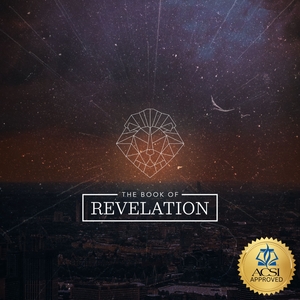Are the churches in Revelation 2 & 3, to which are written letters, actually just synagogues? And there seems to be such a difference between what Paul’s letter to the Church of Ephesus says and Christ’s judgment in Revelation to the Church in Ephesus. Are they really the same “church”?
Firstly, notice in Revelation that Jesus uses both the word “church” and “synagogue” when writing to Smyrna:
Rev. 2:8 “And to the angel of the church in Smyrna write: The first and the last, who was dead, and has come to life, says this:
Rev. 2:9 ‘I know your tribulation and your poverty (but you are rich), and the blasphemy by those who say they are Jews and are not, but are a synagogue of Satan.
Jesus addresses His comments to the “church” in Smyrna, and then later refers to the unbelieving Jews in the city as a “synagogue of Satan.” Clearly, Jesus understood the difference between the words “church" and “synagogue,” so presumably had the church actually been a synagogue, then Jesus would have called His letter “the letter to the synagogue of Smyrna.” Instead, He calls it a church and distinguishes it from the synagogue in the city. Therefore, we have no reason to assume that the church was actually a synagogue, for if it were a synagogue, Jesus would have called it such. Furthermore, the churches in the Diaspora at the end of the first century were largely Gentile. Churches had long since ceased meeting in synagogues by that time.
Next, Paul’s writing to Ephesus occurred decades earlier than Revelation, so it’s not surprising that the character of the church changed over that time. Even so, there are early indications from Ephesians and from Acts that the church in Ephesus was in jeopardy in Paul’s day. Please listen to Pastor Armstrong’s teaching in 1 Timothy and Ephesians to hear the backstory on the city.
Scripture quotations taken from the (NASB®) New American Standard Bible®, Copyright © 1995, 2020 by The Lockman Foundation. Used by permission. All rights reserved. www.lockman.org



